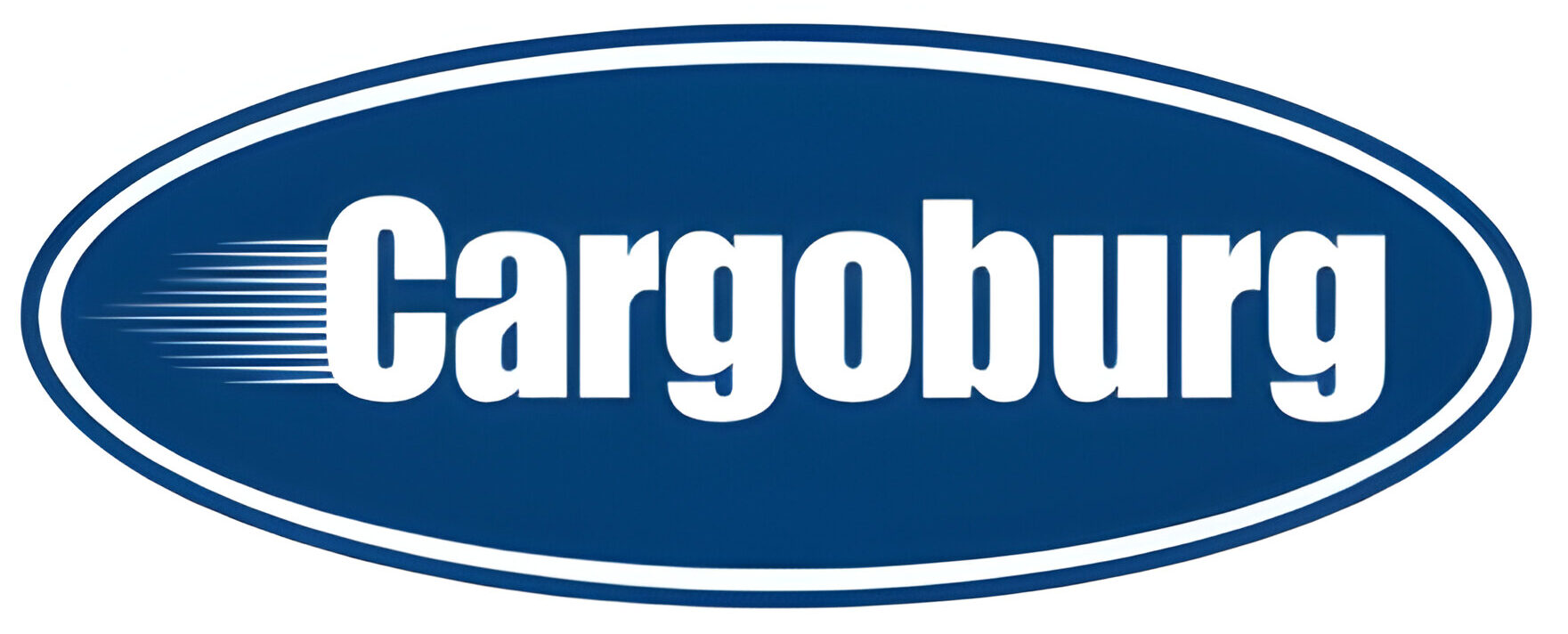Haulage business Lagos
Cargoburg is a leading Nigerian company based in Lagos, specializing in air and sea freight forwarding, clearing and forwarding, haulage, warehousing, project logistics, marine services, and more. With a proven track record in managing complex projects, we are dedicated to delivering consignments efficiently and on time, regardless of size, distance, or time constraints. Cargoburg stands as your trusted partner, providing reliable, seamless, and professional service at every stage.

Welcome to Cargoburg Nigeria
Cargoburg goes beyond logistics—we specialize in freight forwarding, optimize packaging,
streamline material sourcing, and provide comprehensive supply chain solutions.
ROAD FREIGHT
We provide part load, full load, specialized equipment, and express services to meet all your shipping needs.
AIR FREIGHT
Benefit from discounted rates with our global partners, offering reliable door-to-door service.
CUSTOMS CLEARANCE
We ensure the smooth import and export of your goods, handling all necessary processes.
Haulage Business in Lagos: A Complete Guide to Starting and Growing Your Trucking Company
Introduction to the Haulage Industry in Lagos
Lagos, Nigeria’s commercial capital and Africa’s largest megacity, serves as the epicenter of the haulage business in West Africa. With its strategic ports, massive consumer market, and industrial hubs, Lagos offers tremendous opportunities for entrepreneurs in the trucking and logistics sector. This comprehensive guide covers everything you need to know about starting and running a successful haulage business in Lagos.
Why Start a Haulage Business in Lagos?
1. Massive Market Demand
Lagos ports handle over 80% of Nigeria’s imports
Daily movement of 40,000+ containers
Growing manufacturing and construction sectors
Expanding e-commerce requiring last-mile delivery
2. High Profit Potential
Average 20-35% profit margins for efficient operators
Multiple revenue streams (transport, storage, logistics)
Recurring contracts with major industries
3. Government Infrastructure Investments
Ongoing port reforms and road projects
Lekki Deep Sea Port opening new opportunities
Lagos State transportation masterplan
Types of Haulage Services in Lagos
1. Container Haulage
Port-to-door container movement
Empty container repositioning
Specialized equipment operation
2. Bulk Cargo Transport
Cement and building materials
Petroleum products
Agricultural commodities
3. Heavy Duty/Project Cargo
Industrial equipment
Construction machinery
Oversized loads
4. Last-Mile Distribution
Retail goods delivery
E-commerce logistics
Warehouse distribution
Step-by-Step Guide to Starting Your Haulage Business
1. Business Registration & Licensing
Register with CAC (₦50,000-₦100,000)
Obtain haulage license from Lagos MOT (₦250,000)
NPA clearance for port operations (₦500,000)
Vehicle insurance (5% of vehicle value annually)
2. Fleet Acquisition
| Vehicle Type | New Price (₦) | Used Price (₦) | Capacity |
|---|---|---|---|
| 30-ton Truck | 25-35M | 12-18M | 60,000kg |
| 40ft Flatbed | 18-25M | 8-12M | 28,000kg |
| 40-ton Lowbed | 45-60M | 20-30M | 80,000kg |
| Tanker Truck | 22-30M | 10-15M | 24,000kg |
Financing Options:
Bank loans (20-25% interest)
Equipment leasing
Investor partnerships
3. Operational Setup
Parking Yard: Minimum 5,000sqm (₦5M-₦10M annually)
Workshop: Basic setup (₦2M-₦5M)
Office Space: (₦1M-₦3M annually)
Fuel Depot: Partnership or own tanks
4. Staff Recruitment
Drivers: ₦80,000-₦150,000 monthly
Mechanics: ₦70,000-₦120,000 monthly
Operations Manager: ₦150,000-₦300,000 monthly
Admin/Accountant: ₦100,000-₦200,000 monthly
Key Operational Challenges & Solutions
1. Port Access & Traffic
Solutions:
Utilize ETO call-up system effectively
Operate during off-peak hours (10pm-4am)
Use barges for container movement
Establish satellite truck parks
2. Security Risks
Solutions:
Install GPS tracking on all vehicles
Hire armed escorts for high-value cargo
Use secure parking facilities
Implement driver safety protocols
3. Cost Management
Solutions:
Bulk diesel purchases (5-10% discount)
Preventive maintenance schedule
Route optimization software
Driver fuel efficiency training
Technology for Modern Haulage Operations
1. Fleet Management Systems
Real-time vehicle tracking
Fuel consumption monitoring
Maintenance scheduling
Driver performance analytics
2. Business Management Tools
Accounting software (QuickBooks, Sage)
Dispatch management systems
Customer relationship platforms
Mobile apps for clients
3. Security Technology
Cargo sensors and alarms
Tamper-proof container seals
Panic buttons in cabins
Remote vehicle immobilization
Financial Planning & Pricing
1. Startup Costs
| Item | Cost Range (₦) |
|---|---|
| Business Registration | 500,000-1M |
| 2 Trucks | 30-70M |
| Yard/Office Setup | 5-10M |
| Operating Capital | 5-15M |
| Total | 40-96M |
2. Operating Costs (Monthly)
| Expense | Cost (₦) |
|---|---|
| Diesel | 3-5M |
| Salaries | 1-2M |
| Maintenance | 500K-1M |
| Insurance | 300-600K |
| Permits/Fees | 200-500K |
3. Pricing & Revenue
Sample Rates:
Apapa to Ikeja (20ft container): ₦180,000-₦220,000
Lagos to Abuja (30-ton truck): ₦450,000-₦550,000
Port Harcourt to Kano: ₦600,000-₦750,000
Revenue Potential:
2 trucks can generate ₦10-15M monthly
5-truck fleet: ₦25-40M monthly
10+ trucks: ₦60-100M+ monthly
Marketing Your Haulage Business
1. Digital Marketing
Professional website with tracking portal
Google Business profile
Social media presence (LinkedIn, Facebook)
Industry directory listings
2. Traditional Marketing
Vehicle branding
Industry trade shows
Local radio ads
Business cards and flyers
3. Networking Strategies
Join Nigerian Shippers’ Council
Attend port users’ forums
Partner with freight forwarders
Connect with manufacturers’ associations
Growth Strategies for Your Haulage Business
1. Fleet Expansion
Add specialized vehicles (reefers, lowbeds)
Increase fleet size gradually
Consider leasing options
2. Service Diversification
Add warehousing services
Offer customs clearance
Provide logistics consulting
3. Geographic Expansion
Cover more interstate routes
Expand to neighboring countries
Service new industrial zones
Future Trends in Lagos Haulage
1. Emerging Opportunities
Lekki Deep Sea Port operations
Dangote Refinery logistics needs
Lagos Rail Mass Transit integration
E-commerce last-mile delivery boom
2. Industry Innovations
Electric truck adoption
Blockchain cargo tracking
Autonomous truck platooning
Drone-assisted deliveries
Conclusion: Keys to Success
Building a successful haulage business in Lagos requires:
Proper planning and adequate capital
Focus on efficiency and cost control
Investment in technology and maintenance
Strong safety and compliance culture
Excellent customer service and reliability
With Lagos’ economy projected to keep growing at 5-7% annually, the haulage sector offers tremendous opportunities for entrepreneurs who can navigate its challenges effectively. By implementing best practices in operations, finance, and customer service, your haulage business can thrive in Africa’s largest logistics market.
